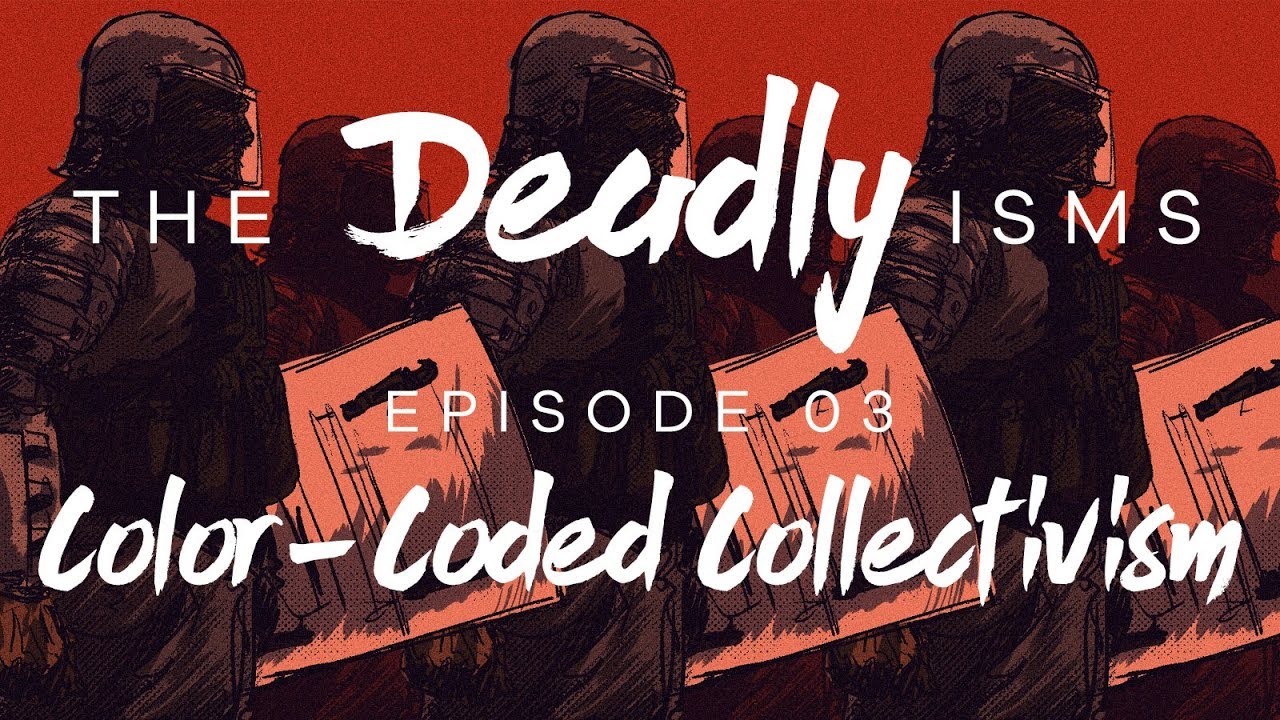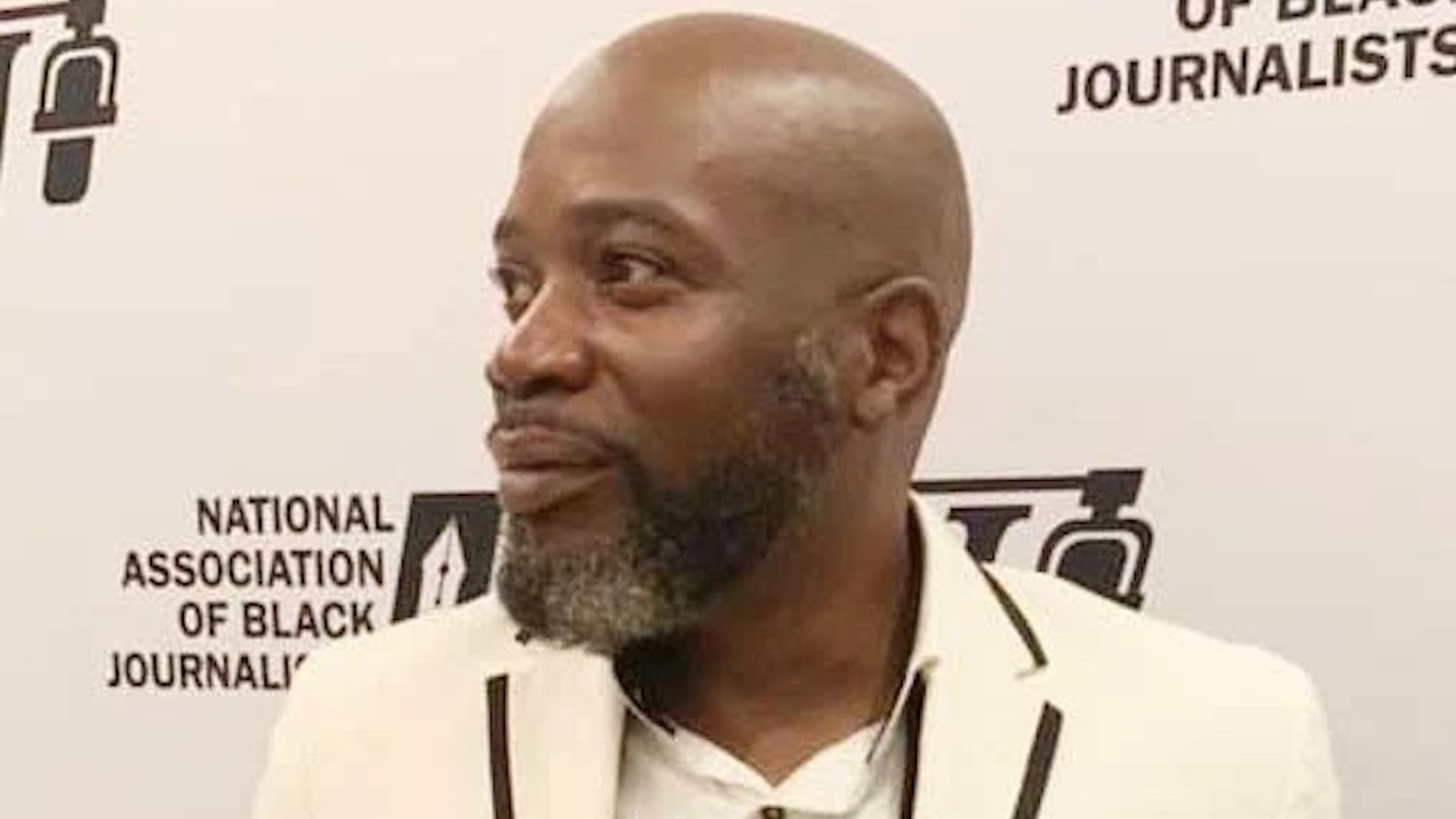
Racial Collectivism and Identity Politics
The word racism gets thrown around a lot these days, but how many people really understand what it means? In a world of microaggresions and political correctness, it’s easy to forget that racism—real racism—has shaped the history of entire nations.
There are few better examples of this than South Africa, where the institutionalized racism of apartheid segregated black citizens into their own suburbs, dictated what jobs they could have, who they could marry, and which opportunities in society were open to them.
Of course, it’s no insight to point out that racism is bad, but there is much that can still be learned from South Africa’s experience. Remember that racism is, after all, a form of collectivism. It requires that people be judged based on their group identity rather than as individuals. In fact, it’s a form of identity politics. Whenever the rights and well-being of individuals are sacrificed to some higher ideal, whether it be to a race, a nation, or even a religion, suffering always results.
You would think that South Africa would have learned from the errors of its past, but sadly, this has not been the case. The current government is now engaging in seizure of white-owned property without compensation, with the aim of redistributing it to black residents. One may argue, as the government does, that this is merely an effort to correct the residual injustice of apartheid, but the irony is that the two policies are remarkably similar. Both judge and sentence people based on their race, not their actions. Both treat individuals as a homogeneous part of a collective. Both fail to respect personal rights.
When Nelson Mandela, who fought against apartheid for years described his vision of a “rainbow nation,” I doubt he envisioned a government that would discriminate against its citizens based on the color of their skin, rather than the content of their character.
Two wrongs don’t make a right, and you can’t counter one injustice with another. Only by respecting human beings qua human beings can we hope to move past a world of petty prejudices and cruel identity politics.
Our decision to include South Africa’s story as part of The Deadly Isms video series was based on the recognition that institutional racism is no different from any other political philosophy that subjugates people, their hopes, dreams, and ability to pursue happiness, to a “greater good” that is actually not greater at all, but merely in the interest of the powerful.
Free the People publishes opinion-based articles from contributing writers. The opinions and ideas expressed do not always reflect the opinions and ideas that Free the People endorses. We believe in free speech, and in providing a platform for open dialogue. Feel free to leave a comment.




Agimaso Schandir
“segregated black citizens into their own suburbs, dictated what jobs they could have, who they could marry, and which opportunities in society were open to them.” You could have just as well used the U.S.
Out of interest, if a bully takes away another’s possession, would it be the correct policy to compensate the bully for the possession before taking it back to give to the original owner?